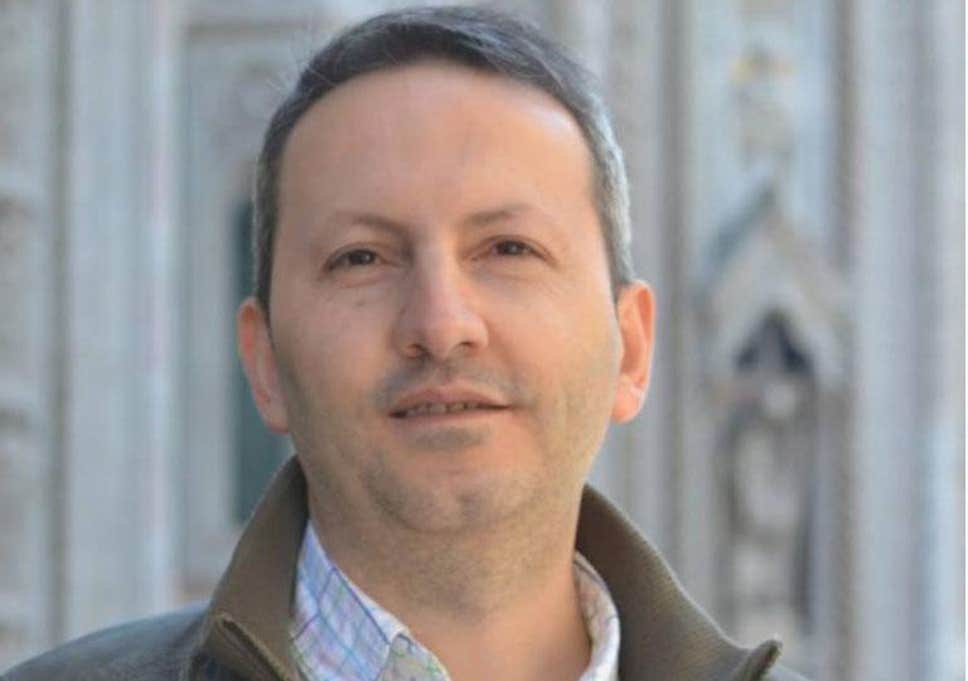United Nations High Commissioner for Human Rights warned on Saturday that Dr Ahmadreza Djalali, a Swedish-Iranian researcher in disaster medicine, could shortly be executed in Iran.
As previously reported, Djalali, now 52, married with two children, was arrested on 26 April 2016 by the Iranian security police when visiting Teheran to participate in a workshop in disaster medicine. He was accused of cooperation with hostile states and espionage for Israel but no evidence was ever presented to support the allegations. He was sentenced to death on 21 October 2017.
In a tweet on X (former Twitter), High Commissioner Volker Türk wrote that Djalali was sentenced to death on charges of ‘enmity against God’ despite failures to respect fair trial & due process standards. “Iran must stop this execution. Moratorium on all death sentences is urgently required.”
The Human Rights Office has consistently called on Iran to end capital punishment. “On average so far this year, over 10 people are put to death each week in Iran, making it one of the world’s highest executors,” Türk wrote earlier this year. “At this rate, Iran is worryingly on the same track as last year when around 580 people were reportedly executed.”
On Friday, Amnesty International reacted to alarming developments indicating that Djalali is at grave risk of imminent retaliatory execution in the country.
Amnesty wrote that mounting evidence indicates that Iranian authorities are threatening to carry out Djalali’s execution in retaliation for their unmet demands to pervert the course of justice in Sweden where a court upheld the conviction and life sentence against a former Iranian prison official over his role in the 1988 prison massacres. Sweden has until now refused to discuss a prisoner swap.
“The international community, including Sweden, must immediately call on the Iranian authorities to halt any plans to execute Ahmadreza Djalali, end their shocking assault on the right to life, release him immediately, and put a moratorium on all executions. Iranian officials must be investigated for the crime of hostage-taking,” Amnesty wrote.
According to Swedish media, Djalali was allowed to call his wife in Sweden on Friday after he had been told by the Iranian judiciary that the death sentence was final and could be executed at any time.
Another Swedish national, EU employee Johan Floderus, was arrested last year and is accused of spying for the ‘Zionist regime’ (Israel) to harm the Islamic Republic. His trial started recently with no observers from Sweden and the EU being allowed to attend. He is also accused of ‘corruption on earth’, a religious offence which carries the maximum penalty of death.
The European External Action Service (EEAS) and its High Representatives have rejected the trump-up charges against Djalali and Floderus and repeatedly called for their immediate release but most of their attempts to influence Iran are done through silent diplomacy.
An EEAS spokesperson told The Brussels Times that the action service is aware of the worrying reports about the possible execution of Swedish dual national Ahmad Reza Djalali.
“In coordination with Swedish authorities, who have primary consular responsibility, the EU has consistently called for his release on humanitarian grounds, in public and through direct channels to Iranian authorities. The EU continues to be in touch with his family and to work for the release of all European citizens unjustly detained in Iran.”
Update: A previous version of the article has been updated to include the response from the EEAS.
M. Apelblat
The Brussels Times

